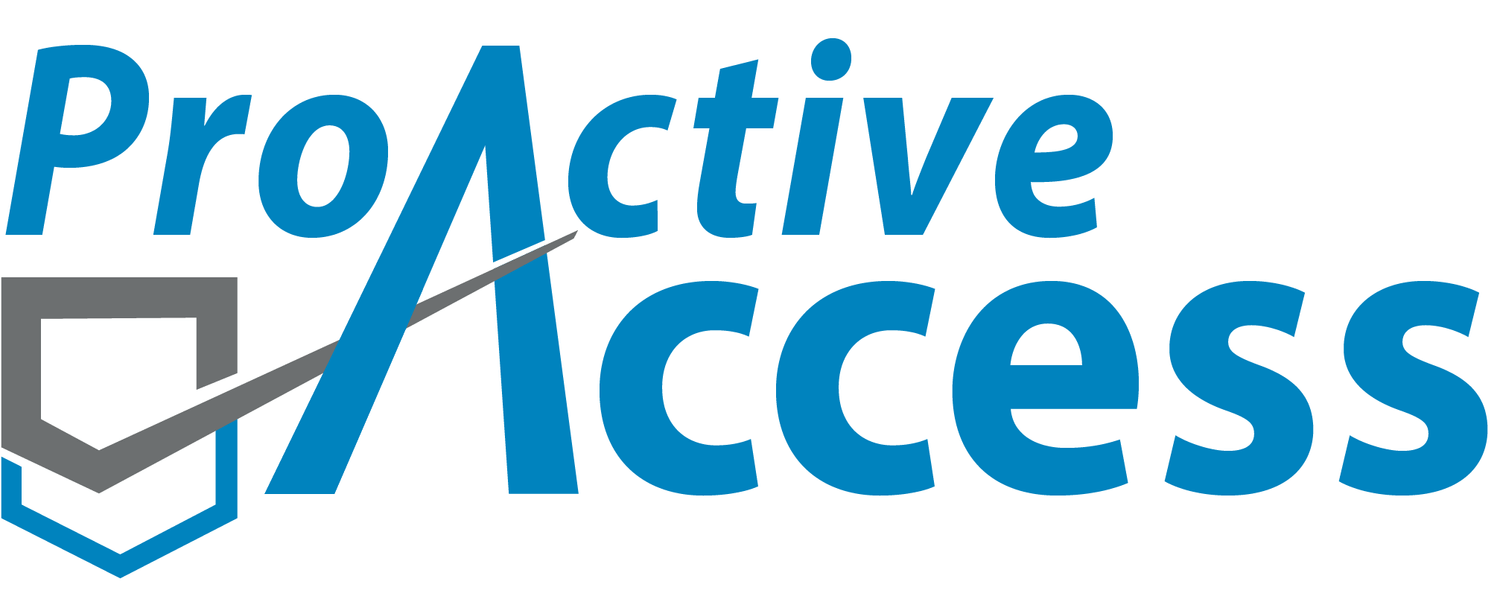The Unruh Civil Rights Act
What is Unruh?
The Unruh Civil Rights Act is a California state law that prohibits discrimination on the basis of sex, race, color, religion, ancestry, national origin, disability, medical condition, genetic information, marital status, or sexual orientation in business establishments and housing accommodations. It is named after Jesse Unruh, a former speaker of the California State Assembly who sponsored the bill that became the law in 1959. The Unruh Act provides for both injunctive relief and damages for individuals who are victims of discrimination. The Unruh Act is considered one of the strongest anti-discrimination laws in the United States.
How does the Unruh Civil Rights Act relate to the ADA?
The Unruh Civil Rights Act and the Americans with Disabilities Act (ADA) both prohibit discrimination on the basis of disability. However, the scope of protection and the enforcement mechanisms for each law are slightly different.
Title III of the ADA is a federal law that applies to places of public accommodation such as restaurants, hotels, retail, gas stations, etc. The ADA requires places of public accommodation to make their facilities accessible to individuals with disabilities. Businesses that fail to comply with the minimum requirements set forth by the ADA Standards for Accessible Design often find themselves exposed to legal claims of discrimination.
The Unruh Civil Rights Act, on the other hand, is a state law that applies to all business establishments in California. Much like the ADA, it also prohibits discrimination against people with disabilities. One of the key differences between the ADA and the Unruh Act is the damages that can be awarded to plaintiffs who are victims of discrimination. In most US states, victims of discrimination are only entitled to injunctive relief when a public accommodation fails to comply with the ADA. Meaning the non-compliant business must pay to improve the alleged ADA violations. The Unruh Act on the other hand allows California plaintiffs to add an additional statutory damages such as $4,000 minimum per occurrence as well as attorneys fees. The added damages provided by of Unruh Act is the primary reason that California experiences the highest volume of ADA lawsuits nationwide.
Benefits of Receiving a CRASCA Report
There are many reasons to hire a Certified Access Specialist (CASp) to evaluate a facility. A CASp consultant can guide business owners toward proactively approaching disability access compliance. The goal of a CASp is to help owners achieve full compliance before a serial litigant has an opportunity to file a claim alleging discrimination. Facilities that receive a CASp inspection prepared in accordance with CRASCA not only receive a report that serves as the foundation of an action plan but they are also granted special legal benefits that can decrease statutory damages by 75%. These two benefits alone can go a long way toward avoiding litigation. Contact one of our CASp experts to learn more about our services.


